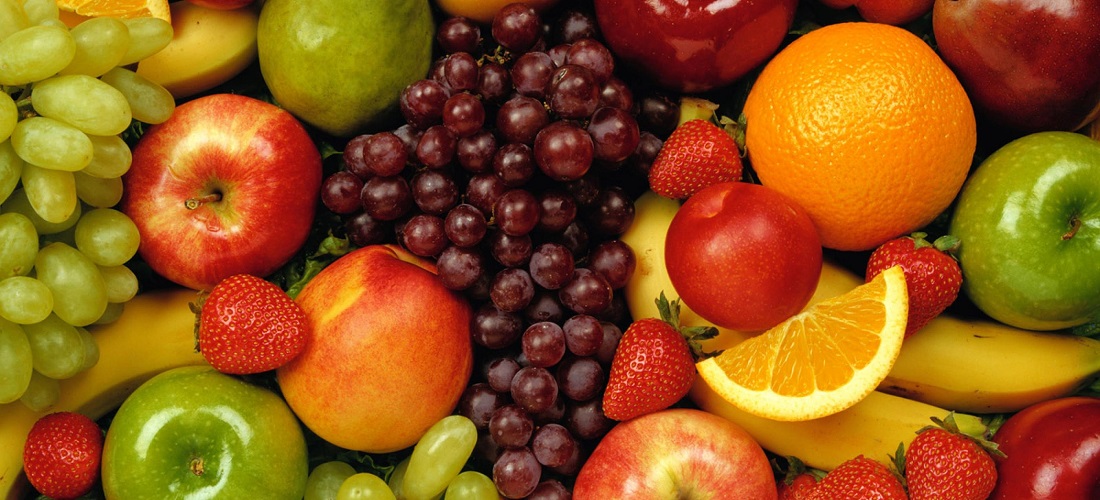
Brazilian fruit exports to Arab countries expected to grow in 2021
Nov, 27, 2020 Posted by Ruth HollardWeek 202049
According to Eduardo Brandão, Executive Director of ABRAFRUTAS, the Brazilian association of fruit and derivative export producers, Brazilian fruit exports to Arab countries are expected to grow in the coming year. The main fruits shipped to the Middle East and Asia are usually melons, grapes, mangoes, and Tahiti lemons, according to the association’s data.
“There is a great expectation of growth in fruit exports to the Middle East bloc (Saudi Arabia, Bahrain and the United Arab Emirates). And for the Asian continent, especially China and South Korea. We have quality fruits that are highly appreciated by these countries”, said Brandão, in a note.
From January to October 2020, 725,000 tons of the product were exported. The association points out that there was an increase of 2.8% compared to the same period in 2019. “The trend is that the peak in exports will always be in the last quarter of the year when there is a greater demand from countries. The intention is to end the year with US$ 1 billion in revenue. If we do not reach the total value, we will be very close. Everything will depend on the exchange rate,” said Brandão.
See the chart below for the month-to-month history of Brazilian fruit exports from January 2016:
Brazilian Fruit Exports (HS 08) | Jan 2016 to Sept 2020 | YOUR
Source: DataLiner
According to the Director, the market potential is great in the Middle Eastern countries, which imported about 15,000 tons of fruit in 2019. Among the Arabs, the Emirates were the biggest buyers in 2019, reaching 13th place in the general ranking of Brazilian fruit importers.
The chart below shows monthly Brazilian fruit exports to the Middle East from 2017:
Brazilian Fruit Exports (HS 08) to the Middle East | Jan 2017 to Sept 2020 | TEU
Source: DataLiner (To request a DataLiner demo click here)
One initiative that should help Brazilians stand out in this market is the obtention of the Halal certificate. The seal proves that a product was produced following Muslim precepts and can therefore be consumed by them. In material released, Omar Chahine, Commercial Manager of Brazilian certifier Cdial Halal, stressed that certification has been increasingly required in Arab countries and beyond. “In addition to being recognized for attesting to good manufacturing, safety, and quality practices, Halal certification has been requested, even by countries that are neither Arab nor Muslim, such as Japan, China, and Canada. Before, it was enough to have the product certified to be exported, but today most importers are demanding the Halal quality seal in the entire production chain,” said Chahine.
Source: ANBA
-
Grains
May, 25, 2022
0
Anec issues another downward soybean export projection for May
-
Ores
Dec, 05, 2018
0
Antaq to hold auction for three liquid bulk terminals in Cabedelo
-
Coffee
Dec, 30, 2021
0
Coffee: Ethiopia exported US$358.81 million in Arabica coffee between July and November
-
Economy
Apr, 12, 2019
0
Argentine Workers’ Central Union declares strike

